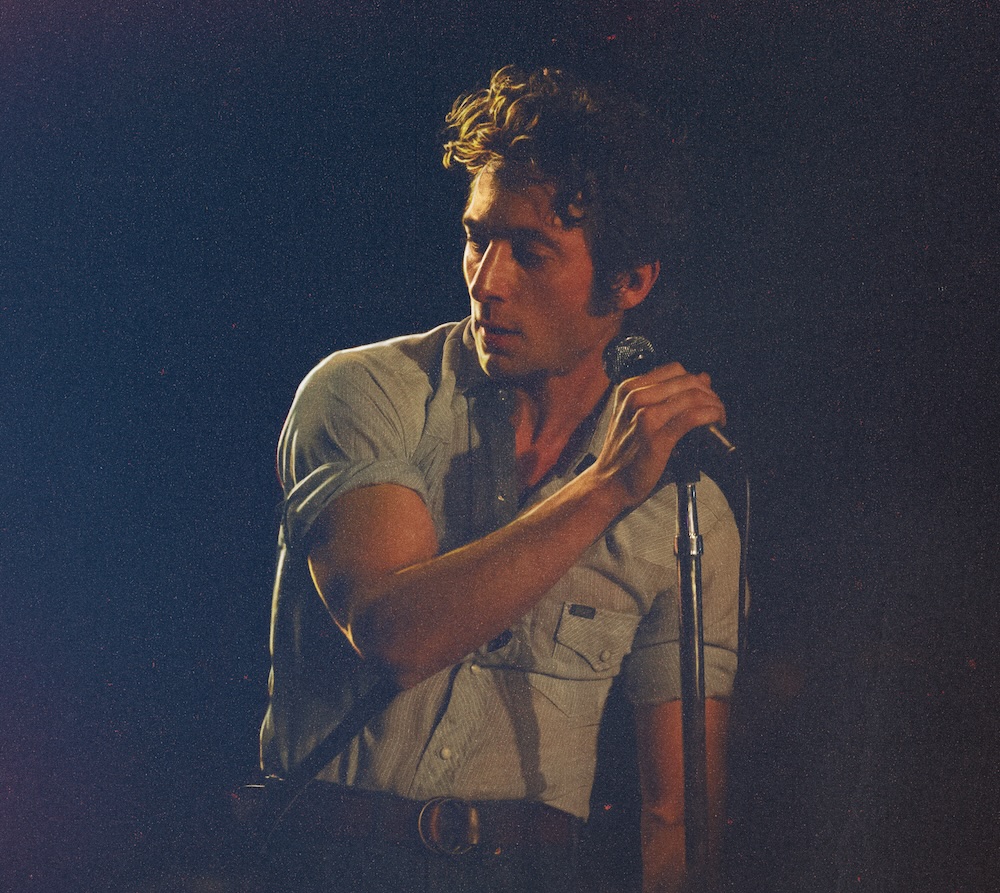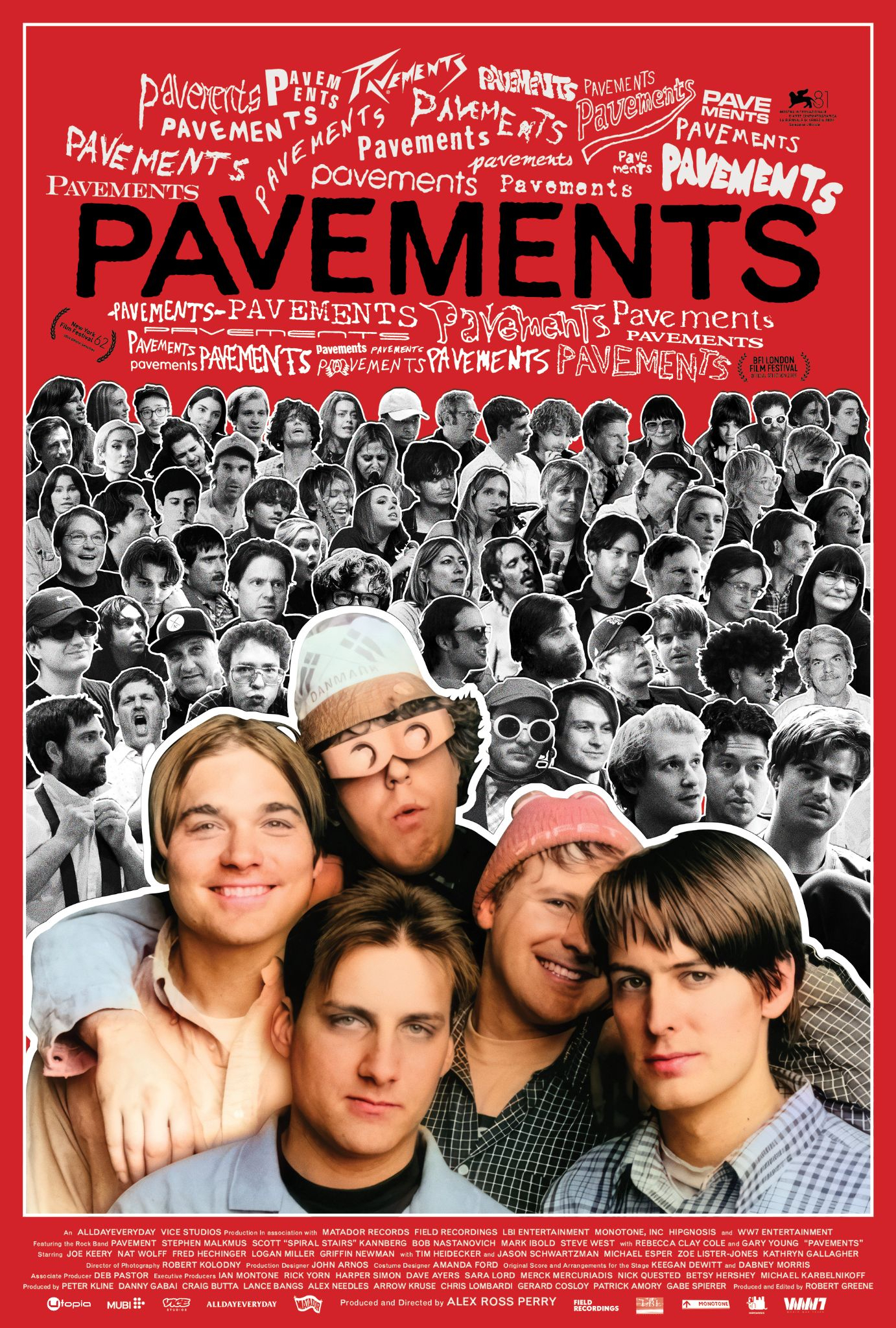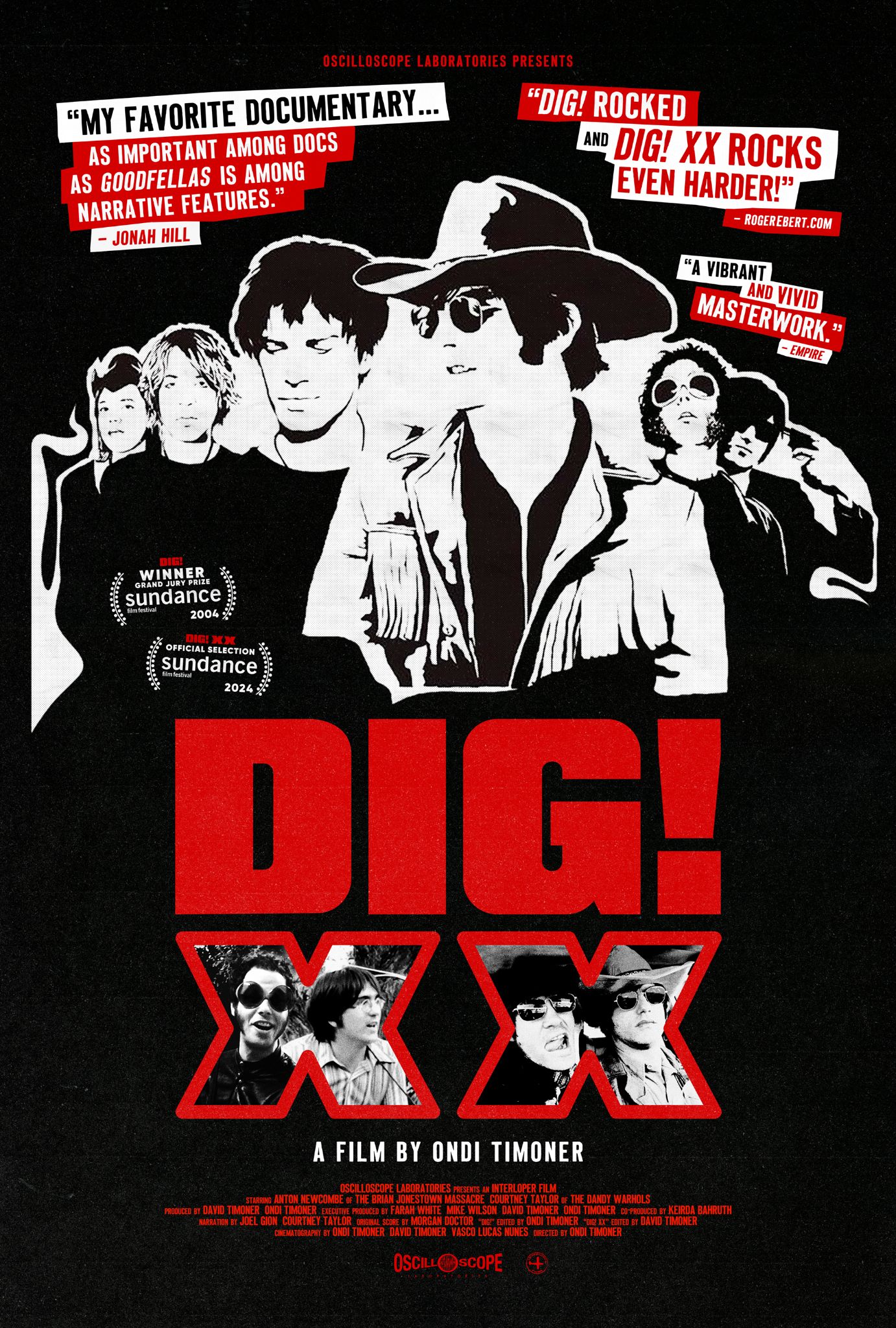Straight Outta Compton, the new movie about N.W.A., once dubbed the world's most dangerous group, strives for (and achieves) historical accuracy, but rarely offers any new insight. The film is pistols and palm trees, colors and cops, all surrounding a larger-than-life group whose indelible songs regaled with every gritty detail. The biopic spans the years from the group's origin in 1986 to Dr. Dre's founding of Aftermath Records in 1996; it captures Compton of the era as if recreated by a time machine. But this depiction of N.W.A and the city they proudly hail from is like a classic painting -- worthy of and warranting discussion (especially with Sam DuBose as the latest entry on the list of Rodney Kings), even though the image of the group formed in the public's mind will not change. Casual fans of the group will most likely not learn anything new, while devotees will notice holes. That said, as a retelling, the film resists glamorizing and embellishing too much, which is laudable as N.W.A.'s story is as much the perfect "La-La Land" tale as it is not.
The film begins with a dope deal gone wrong for Eazy-E, and a chilling glimpse of the battering rams, tanks, riot gear, and high-caliber weaponry characteristic of Daryl Gates' militarized LAPD in the late '80s and early '90s. Each member of the group is subsequently given an introduction, but none quite so vivid as Eazy's. In dealing with police brutality, gang violence, and general crime, the others are just your generic good kids in a mad city suffering the woes of the starving artist to varying degrees. Every respective member is shown as smart, articulate, and talented from early on, but there are no bread crumbs to collect to see how they developed the sensibilities that would set them apart from other residents of Compton and unify them as a group. Absent is Ice Cube's time writing most of N.W.A's early rhymes while studying architectural drafting at the Phoenix Institute Of Technology in Arizona, and his upbringing in a middle-class family. Missing is Dr. Dre's disco, funk, and oldies education through his contribution to the electro-fusions of the World Class Wreckin' Cru, and how that became his focus after poor grades in high school prevented him from pursuing a career in aviation. For the access they had to Cube and Dre, it seems the filmmakers could have delved deeper, not only in their pre-N.W.A. lives, but throughout.
Clearly the focus of the film is on the music, business affairs, and lives of the group for what seems like a quick decade, and when the music starts bumping, it is fantastic. The classics from 1988's Straight Outta Compton have the perfect knock, remastered for the film and blasting through surround sound. The emphasis of looks or musical ability over acting chops in music biopics is often cause for qualms, but the balance struck in the film makes for captivating scenes. O'Shea Jackson Jr. (playing his own father, Ice Cube) sets the tone for a cast that evokes the voices and mannerisms of the actual N.W.A. members eerily well. Though Keith Stanfield resembles L.A. veteran Kurupt more than a young Snoop Dogg, he matches Snoop's inflection and cadence perfectly when speaking and rapping, and Tupac Shakur impersonator Marcc Rose does a much more commendable job at conjuring Makaveli than Anthony Mackie did in Notorious. R. Marcos Taylor is downright diabolical embodying the psychopathic, homicidal tendencies of Suge Knight. The recreated onstage performances are spectacular, evoking the potent dramatic moments at the height of the group's popularity and controversy. The scene of the pivotal concert in Detroit in 1989 is a standout as the group performed "Fuck Tha Police" after expressly warned not to by the Detroit Police Department. Ice Cube's recording of his N.W.A. diss "No Vaseline" after the split is powerful as well, after reliving the events that led up to his defection. As an L.A. native, it was a nostalgic gangster two-step down memory lane.
The most emotion-filled moments of the group's personal lives are visited, but they leave plenty to be desired. Eazy-E's lost battle with HIV and AIDS is easily the most tragic aspect of the story, but it doesn't quite hit the crescendo expected despite a careful, slow development. The 1992 riots are reconstructed well, but their emotive connection to the members of N.W.A. is lost, as the group are portrayed as passive observers driving around their ravaged city. That failure to hit a high emotional register plagues the depictions of the members' lives outside of music. It falls short where a film like Fruitvale Station succeeds in forcing a strong emotional investment despite the dramatic irony. However, the comic relief, which happens early and often, is refreshing and deft, rarely making too much light of a complicated situation.
The film concludes with some updates on the band members' careers post-1996, including clever allusions to Boyz N The Hood, Friday, and Aftermath Records. Clips from various interviews fill in the rest of the picture. Mostly focusing on Dre and Cube's successes, Kendrick Lamar, Eminem, and 50 Cent, among others, pay homage to the opportunities given to them by Dre, and the foundations laid by both his and Cube's visions. Dre also has a new song off of the soundtrack to be released 8/1, which bumps while the credits role, reminiscing about the good times the group had and what they accomplished. Ice Cube's film company, Cube Vision, receives an "in association with" credit, and as they have been the most vocal in the film's promotion, we know what they're up to today. As for DJ Yella and MC Ren, the film offers no updates. Just like the two lesser-known members of N.W.A., it is unclear what the future is for Straight Outta Compton and where it will sit in the music biopic canon. Oscar buzz? Probably not. But fan favorite or cult classic? Maybe.
//
Straight Outta Compton is in theaters nationwide 8/14.






